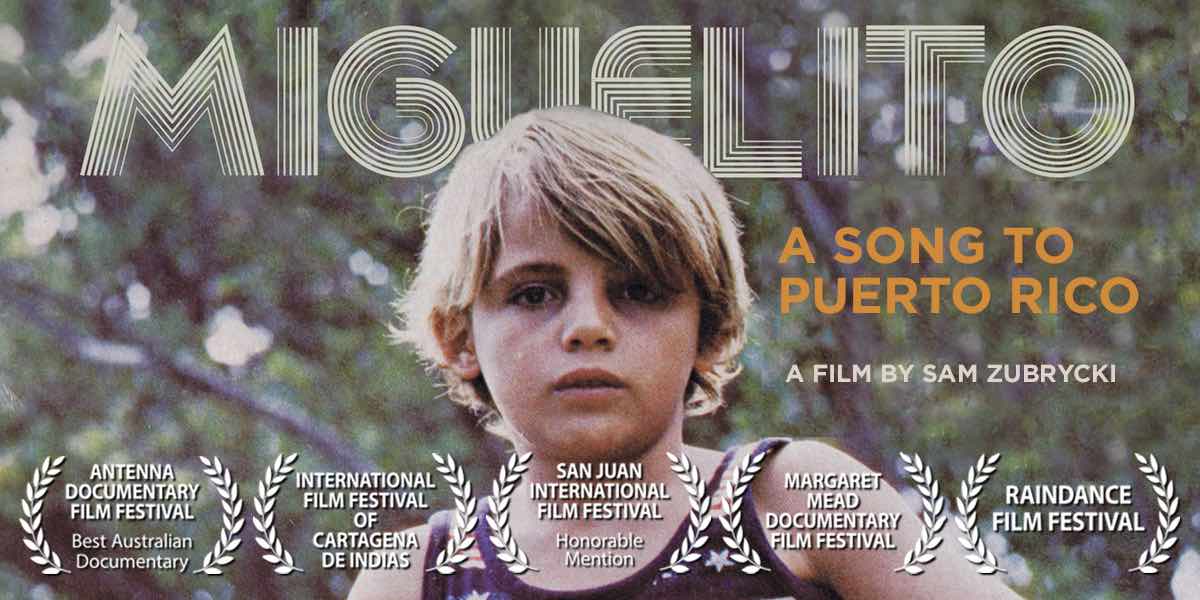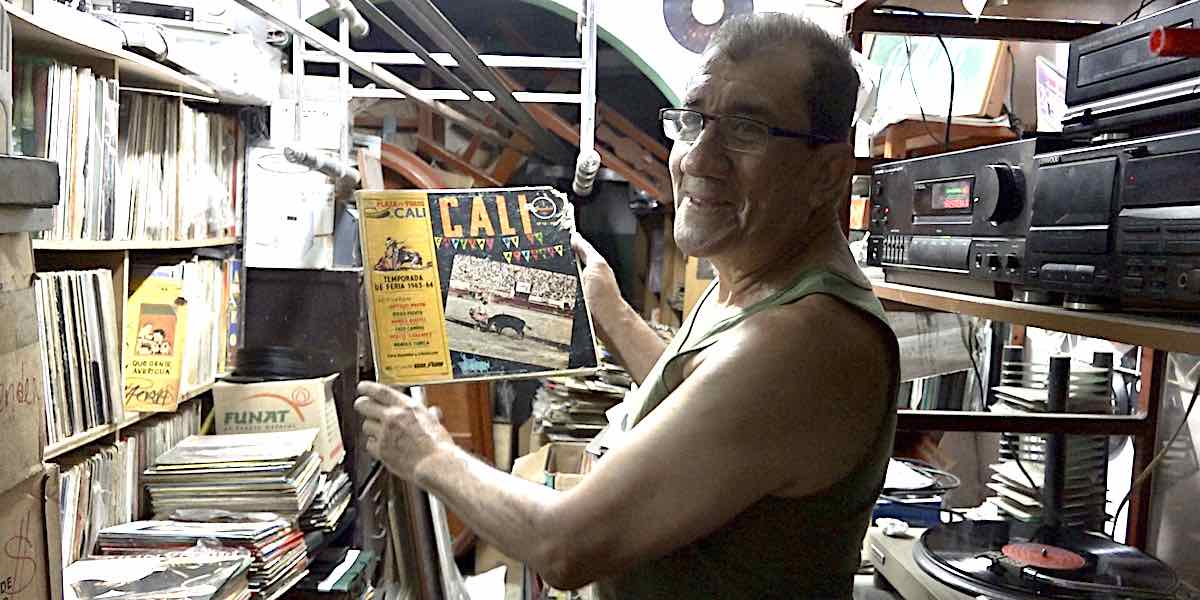In 1973, the eleven-year-old Miguelito was discovered singing in San Juan airport by the legendary New York record producer Harvey Averne. Within a year, he went from the slums of Manuel A Perez to recording an album with the finest salsa musicians of the time, to finally performing with Eddie Palmieri at Madison Square Garden in front of 20,000 people. Every radio station played some of his tracks, like Payaso and Canto a Borinquen. A year later, he had disappeared from public life.
Reminiscent of Searching for Sugar Man, filmmaker Sam Zubrycki and legendary music producer Harvey Averne follow Miguelito’s steps to find him. Featuring incredible archival footage of NYC in the 70s’ and salsa performances from Papo Lucca’s La Sonora Poncena, Malo Malo and many others, this is a film that celebrates the musical and cultural depth of the Caribbean, as well as the music industry, but most of all, Miguelito’s life, music, and the world he inhabited.
* Spanish language audio description available via All4Access App and/or .wav file when purchasing a DSL license.
Accessibility for these films was created by DICAPTA and funded under a grant from the U.S. Department of Education- Office of Special Education-OSEP, project “Enhanced Access to Video for Students with Sensory Disabilities through Emerging Technology,” TV Access H327C210001.







